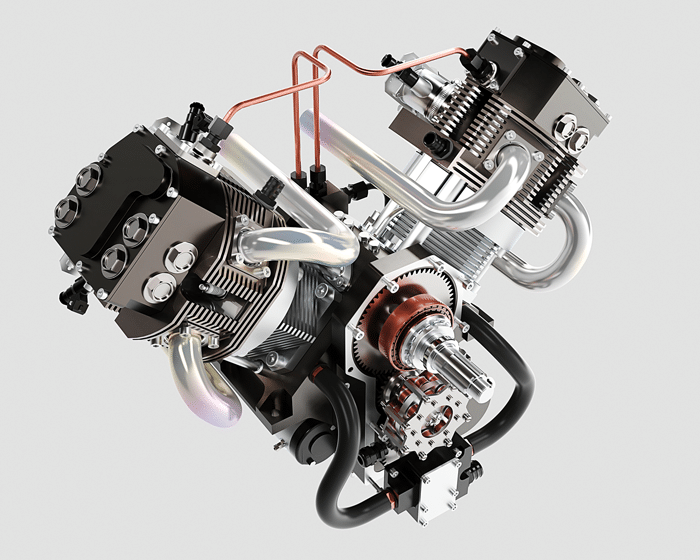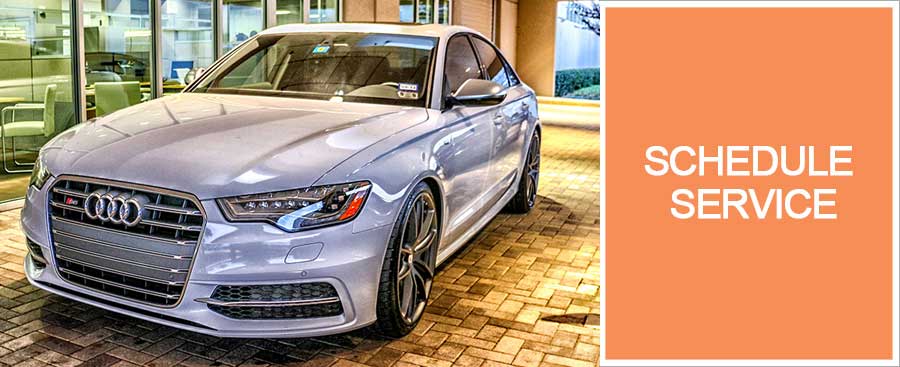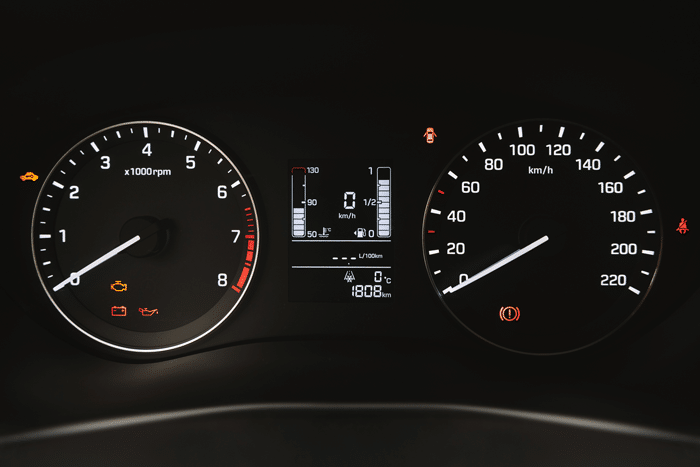There’s a delicate balance to strike when it comes to optimal performance in your European vehicle’s engine. This means that it’s important to keep tabs on the air and fuel levels when your engine is working. When levels are too low or too high, this is referred to as “running lean” or “running rich” respectively. So when is it normal for the levels to be a little out of balance and when is it time to take your vehicle in for a closer look or repair?
Rich, Lean or Stoichiometric?
A typical internal combustion engine utilizes fuel by receiving it through the combustion chamber after it is delivered from the compressor. The combustion then occurs when the fuel meets a steady jet stream of air.
When speaking about the lean and rich mixtures within an internal combustion engine, the term is referring to the fuel to air mixture. When optimal, this mixture demonstrates a ratio of 14.7 parts air to 1 part fuel. The perfect mixture will result in all the oxygen and all the fuel being burned since the amount of air introduced determines the amount of fuel that is consumed in the process. This ideal ratio for the air to fuel mixture is called the stoichiometric ratio.
Of course, this ‘perfect’ pressure can’t always exist in a working engine, which means it’s common to see a mixture that is a little on the richer side, with a higher fuel amount.
What it Means to Run Rich
Rich Mixture
A rich mixture is more common and not necessarily detrimental to your engine. In the case of a slightly rich mixture, you may notice reduced engine efficiency and worse fuel economy, but the rich mixture will generate more power and actually burn cooler. You may also notice, in this case, that there is a distinct sulpher or ‘rotten egg’ smell that is omitted from the exhaust, and/or black smoke.
The causes of a rich mixture within your internal combustion engine include:
- Everyday causes: extremely cold weather, high load on the engine, acceleration
- A dirty air filter
- Bad airflow sensor
- Faulty electronic control unit (ECU) which is responsible for controlling a series of actuators on an internal combustion engine to ensure optimal engine performance.
- Injectors that are stuck in the open position
- A cooling system that is retrofitted where the thermostat is removed and the fan is running direct)
- Poor engine coolant temperature (ECT) sensor
- Faulty oxygen sensors
If Your Vehicle is Running Lean
Lean Mixture
A lean mixture occurs when there’s a higher concentration of air to fuel than there should be. When this occurs, your engine will likely still run but will result in jerking motions within the mechanics of the combustion engine which in turn leads to damage to the engine, such as burned valves.
Alternatively, the causes for your engine running lean are likely one of the following:
- A vacuum leak
- Faulty pump regulator
- Poor fuel pressure
- Insufficient fuel
- The EGR valve is stuck in the open position
Why It’s Important to Maintain the Correct Ratio
Your investment – your vehicle – should be maintained to the point where running rich or lean doesn’t occur often. It should be noted that sometimes vehicle owners will even adjust the ratio of fuel to air in order to maximize mileage or performance, but this should be done carefully. Generally speaking, maintaining the stoichiometric ratio ensures longevity and quality performance within your vehicle.
On a short-term basis, either of these scenarios (running rich or running lean) can result in a condition that causes noticeably low fuel economy or, even more seriously, damage to your engine. Most modern vehicles do have indicators that clearly state if the system is too rich or too lean, but it’s important to keep an eye out for the various elements of the vehicle that can also demonstrate that something isn’t performing as it should be.
Professionals That Know European Cars
You rely on your vehicle to perform for fun and for function, which is why it’s vital to keep up with the health of your engine. The best way to stay on top of the longevity and performance of your European vehicle is to take it in for regularly scheduled maintenance and whenever you notice something just isn’t right.
AutoScope serves the Dallas, Plano, Frisco, Flower Mound, and Irving areas with high-quality auto service for European vehicles such as Audi, Porsche, BMW and Mercedes. Schedule your appointment at AutoScope today! Contact us online here.



